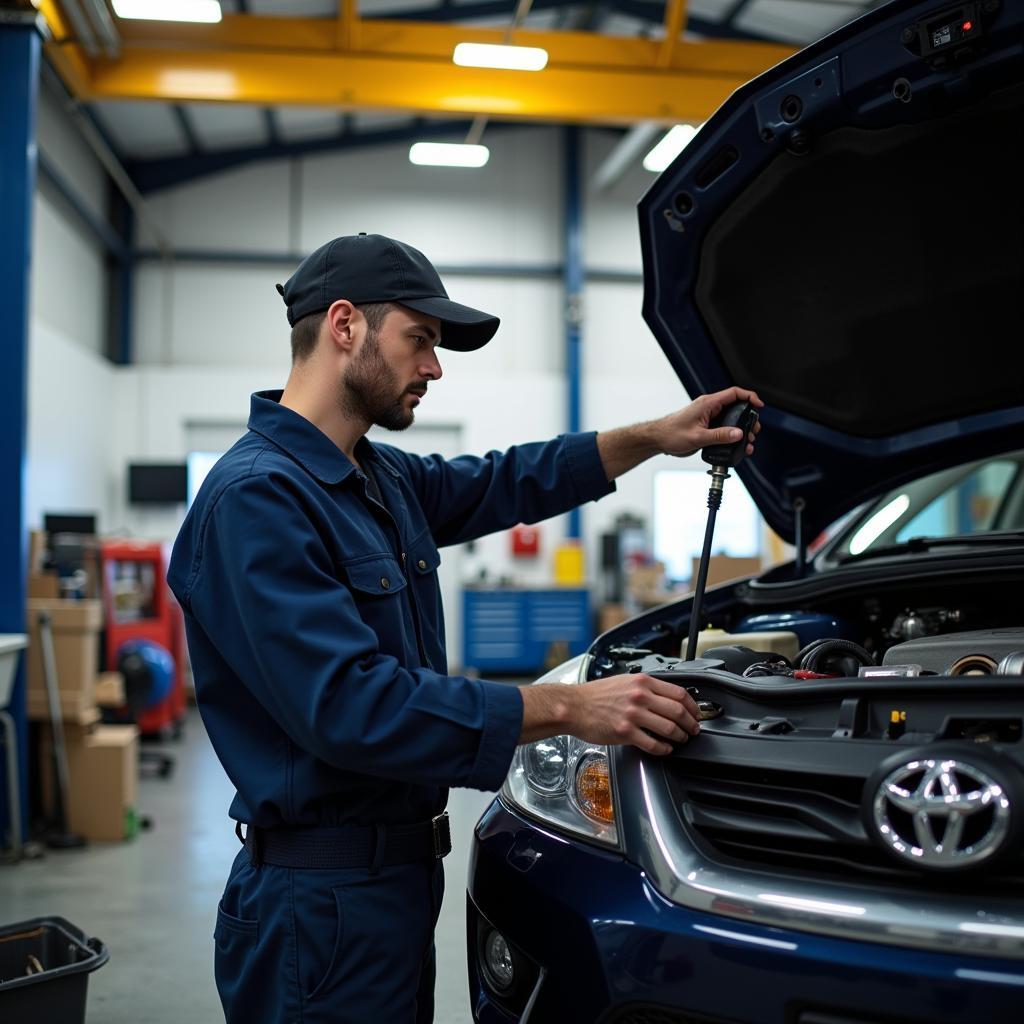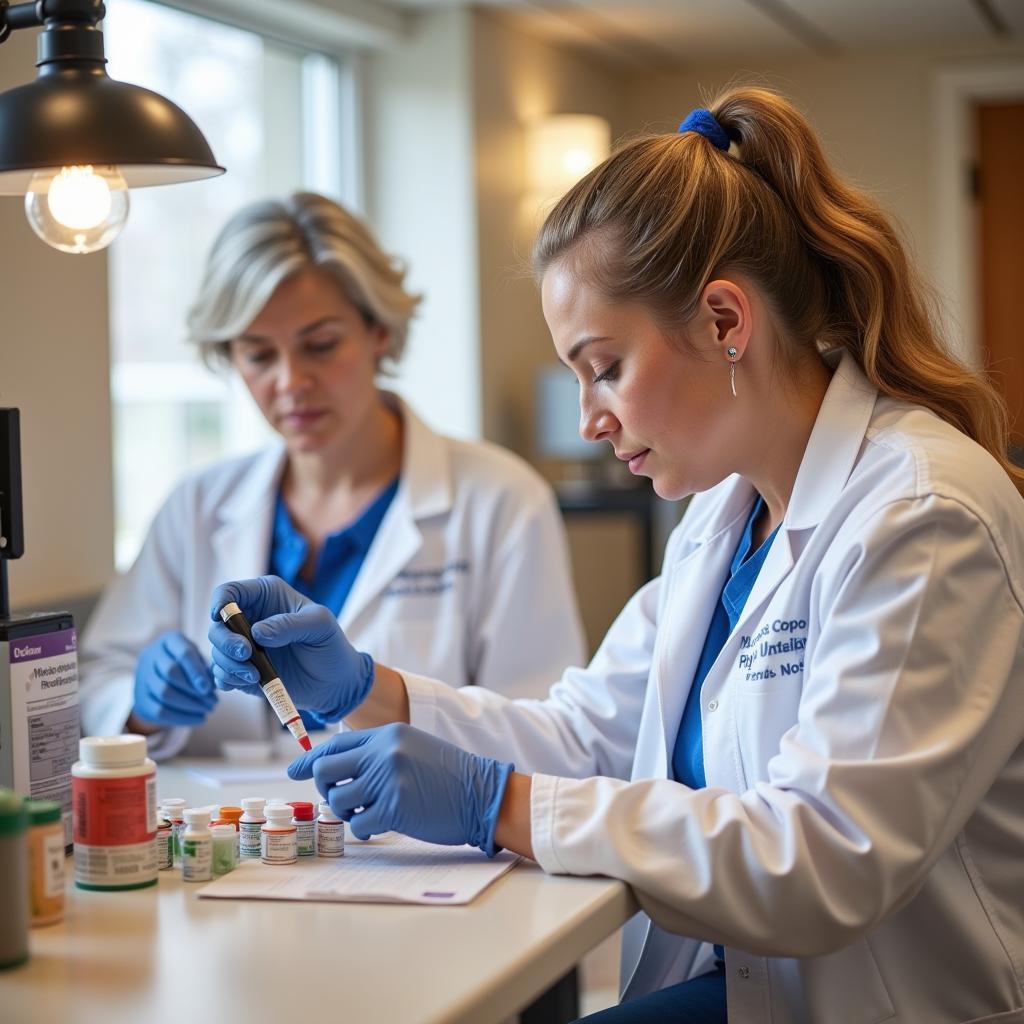What’s Involved in a Full Car Service?
A full car service is a comprehensive check and maintenance procedure designed to keep your vehicle running smoothly and safely. It goes beyond a basic oil change and addresses various components to ensure optimal performance and longevity. What exactly does a full car service entail? Let’s delve into the details and discover the key elements involved. After a full service, you can expect improved fuel efficiency, enhanced safety features, and a more pleasant driving experience. Just after this opening, learn more about the cost of car service at how much does full service of car cost.
Understanding the Importance of a Full Car Service
Regular car servicing is crucial for maintaining your vehicle’s health, similar to how regular check-ups are vital for our own well-being. Neglecting regular maintenance can lead to costly repairs down the line, decreased fuel efficiency, and potential safety hazards. A full car service offers numerous benefits, from identifying potential problems early on to extending the lifespan of your vehicle.
What Does a Full Car Service Typically Include?
A full car service typically covers a wide range of checks and replacements. Here’s a breakdown of the key areas:
-
Engine Oil and Filter Change: This is the foundation of any car service. Fresh oil lubricates the engine’s moving parts, reducing friction and wear. The filter removes contaminants, ensuring the oil remains clean and effective.
-
Fluid Top-Ups: Essential fluids, such as coolant, brake fluid, power steering fluid, and windshield washer fluid, are checked and topped up as needed. Maintaining correct fluid levels is critical for the proper functioning of various systems.
-
Brake Inspection: Your brakes are vital for safety. A full service includes checking brake pads, discs, and lines for wear and tear. Brake fluid levels are also checked and adjusted.
-
Tire Check: Tire pressure, tread depth, and overall condition are examined. Proper tire maintenance ensures optimal handling, fuel efficiency, and safety.
-
Lights and Electrical System Check: All lights, including headlights, taillights, indicators, and interior lights, are checked for proper function. The battery, alternator, and starter motor are also inspected.
-
Suspension and Steering Check: The suspension system, including shocks and struts, is examined for wear and damage. The steering system is also checked for responsiveness and play.
-
Exhaust System Check: The exhaust system is inspected for leaks, damage, and proper emissions. A faulty exhaust system can lead to reduced fuel efficiency and increased emissions.
-
Air Filter Replacement: A clean air filter ensures that the engine receives a sufficient supply of clean air for optimal combustion.
Identifying the Difference Between a Full and Basic Car Service
While a basic car service may seem sufficient, a full car service offers a more comprehensive inspection and maintenance approach. If you’re unsure whether you need a basic service or a full one, consider factors such as your car’s age, mileage, and driving conditions. Consider reading about what is involved in a major car service for more detail.
How Often Should You Get a Full Car Service?
The recommended frequency for a full car service varies depending on the manufacturer’s guidelines and your driving habits. Generally, a full service is recommended every 12,000 miles or annually, whichever comes first.
Choosing the Right Car Service Provider
Selecting a reputable car service provider is essential for ensuring quality workmanship and reliable service. Look for certified mechanics, positive customer reviews, and transparent pricing. Learn more about what is full car service.
 Certified Car Mechanic Working
Certified Car Mechanic Working
“Regular car servicing is not just about fixing problems; it’s about preventing them,” says John Smith, a certified automotive technician with over 20 years of experience. “A full car service is an investment in your vehicle’s longevity and your peace of mind.”
What Questions Should You Ask Your Car Service Provider?
Before entrusting your vehicle to a service provider, ask about their qualifications, experience, and the specific services included in a full car service. Don’t hesitate to inquire about pricing and warranties. Is selling your car in your plan? Check out this guide on should i service car before selling.
“A transparent and communicative car service provider is a sign of professionalism and trustworthiness,” advises Emily Johnson, an automotive consultant and industry expert.
 Car Service Invoice Example
Car Service Invoice Example
Conclusion
A full car service is a vital part of responsible car ownership. It ensures optimal performance, enhances safety, and extends the lifespan of your vehicle. By understanding what’s involved in a full car service, you can make informed decisions about your car’s maintenance and enjoy a worry-free driving experience.
FAQ
- What’s the difference between a full and interim car service?
- How much does a full car service cost?
- How long does a full car service take?
- Can I do a full car service myself?
- What should I look for in a car service provider?
- What happens during a full car service?
- Why is regular car servicing important?
Do car sharing services offer enough insurance coverage? Find out more at do car sharing service like zipcar offer enough insurance coverage.
Need assistance? Contact us via WhatsApp: +1(641)206-8880, Email: [email protected], or visit us at 456 Oak Avenue, Miami, FL 33101, USA. Our customer service team is available 24/7.

